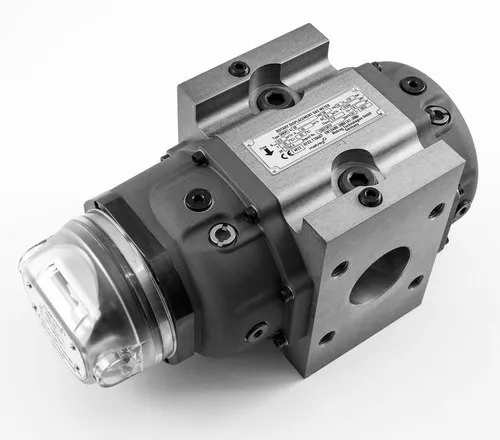In the realm of industrial operations reliant on gas, accurate measurement of gas consumption stands as a critical component. Industrial Gas Meters serve as the linchpin in ensuring precision, reliability, and efficiency in gas usage across a multitude of industrial sectors. This article delves into the functionality, significance, types, and applications of Industrial Gas Meters in various industrial settings.
Understanding Industrial Gas Meters
Industrial Gas Meters are specialized devices designed to measure the volume or flow rate of gases utilized in industrial processes. These meters provide essential data on gas consumption, enabling industries to monitor usage, optimize processes, and ensure compliance with regulatory standards.
Key Components and Types
Volume-Based Meters:
These meters measure gas volume based on displacement, using mechanisms such as diaphragms, rotary pistons, or turbines to accurately calculate the amount of gas passing through the meter.
Flow Rate Meters:
Flow rate meters, including differential pressure meters, ultrasonic meters, and thermal mass flow meters, determine gas flow rates by assessing pressure differentials, ultrasonic waves, or thermal properties.
Integrated Data Systems:
Modern Industrial Gas Meters often integrate with data management systems, allowing real-time monitoring, data analysis, and remote access for better operational control.
Functionality and Applications
Industrial Manufacturing:
Industries such as manufacturing, automotive, and aerospace rely on accurate gas measurement for processes like heating, cooling, and powering equipment.
Chemical and Petrochemical Industries:
In chemical processing and petrochemical plants, precise gas measurement is crucial for reactions, refining, and the production of various compounds.
Energy Production and Utilities:
Gas meters are vital in energy production from natural gas, ensuring efficient utilization and accurate billing in power plants.
Research and Development Facilities:
Laboratories and R&D centers utilize gas meters for experiments, analytical instruments, and controlled environments, where precise gas measurement is imperative.
Significance and Benefits
Accuracy and Reliability:
Industrial Gas Meters offer highly accurate measurement, ensuring reliability in industrial processes and compliance with stringent standards.
Optimization of Processes:
Accurate gas measurement allows industries to optimize processes, reduce wastage, improve efficiency, and control costs associated with gas consumption.
Regulatory Compliance:
Industries rely on accurate gas measurement to comply with environmental regulations and maintain operational standards.
Challenges and Innovations
Harsh Operating Environments:
Industrial environments can be harsh, and gas meters must withstand extreme conditions. Ongoing innovations focus on creating robust meters capable of enduring such conditions.
Integration with Smart Technologies:
Advancements in smart technologies aim to integrate gas meters with IoT capabilities, enhancing monitoring, data analytics, and predictive maintenance.
Remote Monitoring and Control:
Future developments focus on enabling remote access and control for gas meters, allowing industries to manage operations efficiently.
Conclusion
Industrial Gas Meters play a pivotal role in ensuring accurate and reliable gas measurement across various industrial sectors. Their precision, reliability, and contribution to process optimization are fundamental in driving efficiency and compliance with industry standards. As technology continues to evolve, advancements in gas metering aim to enhance durability, accuracy, and integration with smart systems, further empowering industries to achieve greater efficiency and control in their gas-related operations.

